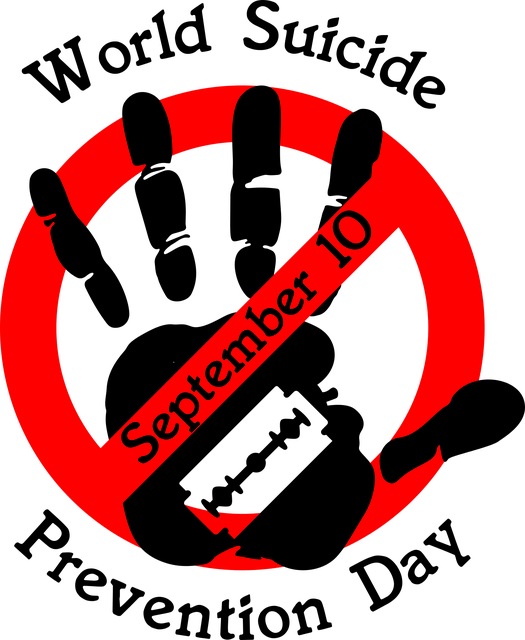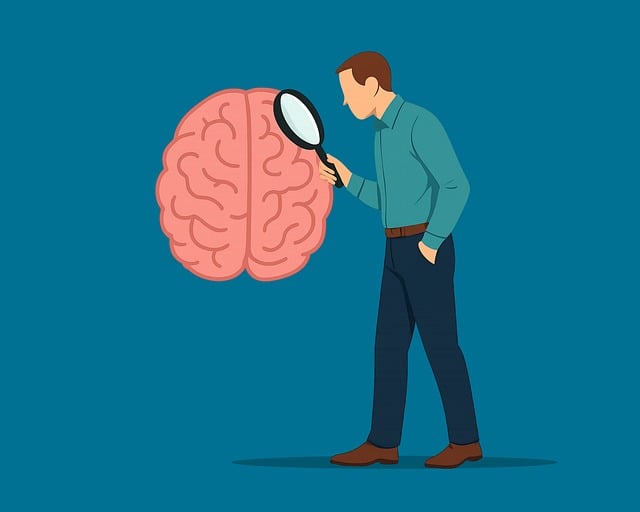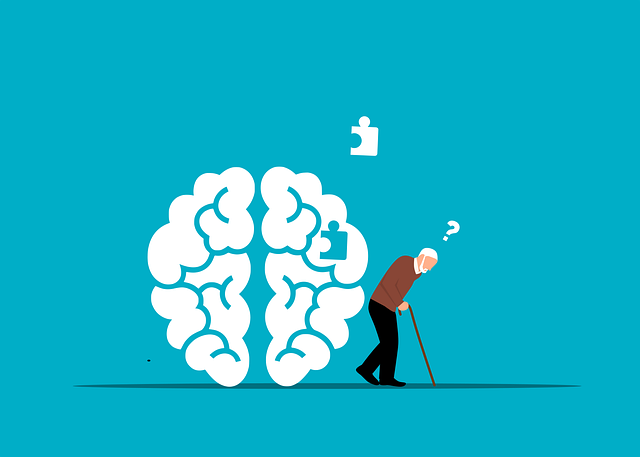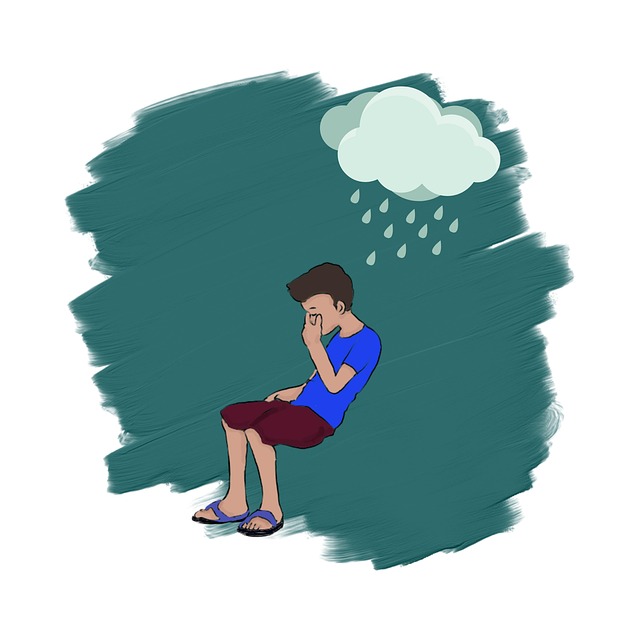Burnout is a significant concern for healthcare providers, especially young adults balancing demanding careers with personal well-being. Early recognition through self-awareness exercises, open discussions, regular check-ins, and independent medical evaluations (IMEs) is vital. IMEs help identify burnout triggers and guide tailored crisis interventions. Cognitive Behavioral Therapy (CBT), combined with IMEs, offers effective recovery for young adults suffering from burnout, teaching them to manage stress, exhaustions, and related conditions like depression or low self-esteem. This approach promotes personalized therapy plans focusing on problem-solving, coping strategies, and building resilience, leading to better work-life balance and enhanced long-term mental well-being. Effective communication fostered through IMEs strengthens patient-provider relationships, improving job satisfaction and reducing burnout risk.
Healthcare provider burnout is a growing concern, impacting not just individuals but the entire healthcare system. This article explores comprehensive strategies to prevent and address burnout, focusing on early recognition and targeted interventions. We delve into the signs and symptoms that indicate burnout, highlighting the importance of therapy options tailored for young adults. Furthermore, independent medical evaluations are discussed as powerful tools in developing effective prevention plans, emphasizing their role in promoting resilience among healthcare providers.
- Recognizing Burnout Early On: Signs and Symptoms for Healthcare Providers
- Therapy Options for Young Adults Struggling with Burnout
- The Role of Independent Medical Evaluations in Burnout Prevention Strategies
Recognizing Burnout Early On: Signs and Symptoms for Healthcare Providers

Burnout is a significant concern for healthcare providers, often stemming from prolonged exposure to high-stress situations and emotional demands. Recognizing burnout early on is crucial for maintaining mental wellness and preventing crisis intervention scenarios. Professionals may exhibit signs such as chronic fatigue, increased irritability or cynicism towards work, and reduced professional satisfaction. These symptoms can manifest gradually, making it essential for both individuals and institutions to foster self-awareness exercises that encourage open discussions about emotional well-being.
Through regular check-ins and independent medical evaluations, healthcare workers can receive crisis intervention guidance tailored to their unique needs. Such evaluations facilitate the identification of burnout triggers and offer valuable insights into strategies for recovery. For young adults in therapy, these practices are particularly vital as they navigate demanding careers while managing personal well-being. By acknowledging early warning signs and seeking appropriate support, healthcare providers can avoid reaching a critical burnout stage, ensuring sustained career satisfaction and patient care excellence.
Therapy Options for Young Adults Struggling with Burnout

For young adults experiencing burnout, therapy can be a powerful tool for recovery and resilience. Cognitive Behavioral Therapy (CBT) is often recommended as an effective approach to address burnout-related issues. CBT helps individuals identify and change negative thought patterns and behaviors contributing to their stress and exhaustion. By focusing on problem-solving and coping strategies, young adults can learn to manage their workload and improve work-life balance.
Additionally, independent medical evaluations can play a crucial role in assessing the severity of burnout and related conditions such as depression or low self-esteem. These evaluations provide valuable insights for tailoring therapy plans. Through targeted interventions aimed at improving self-esteem and building resilience, young adults can develop sustainable coping mechanisms. This holistic approach ensures that therapy not only addresses the immediate symptoms of burnout but also fosters long-term mental well-being.
The Role of Independent Medical Evaluations in Burnout Prevention Strategies

Independent Medical Evaluations (IMEs) play a pivotal role in healthcare provider burnout prevention strategies, particularly for young adults seeking therapy. These comprehensive assessments go beyond surface-level symptoms to delve into the underlying factors contributing to stress and fatigue. By integrating IMEs into care plans, mental wellness podcast series production can be tailored to individual needs, addressing not just the present challenges but also the long-term drivers of burnout.
Trauma support services are often integral to this process, as many healthcare providers carry residual trauma or experience acute traumatic events during their practice. Effective communication strategies, fostered through IMEs, allow for better patient-provider relationships and more efficient problem-solving. This not only enhances mental wellness but also improves job satisfaction, reducing the risk of burnout in both young adults seeking therapy and the providers supporting them.
Burnout among healthcare providers is a growing concern, but by recognizing signs early and implementing effective prevention strategies, it can be mitigated. While therapy options specifically tailored for young adults struggling with burnout offer valuable support, independent medical evaluations play a crucial role in assessing and addressing the issue holistically. By combining these approaches, healthcare systems can foster a healthier work environment, enhance provider well-being, and ultimately improve patient care.














